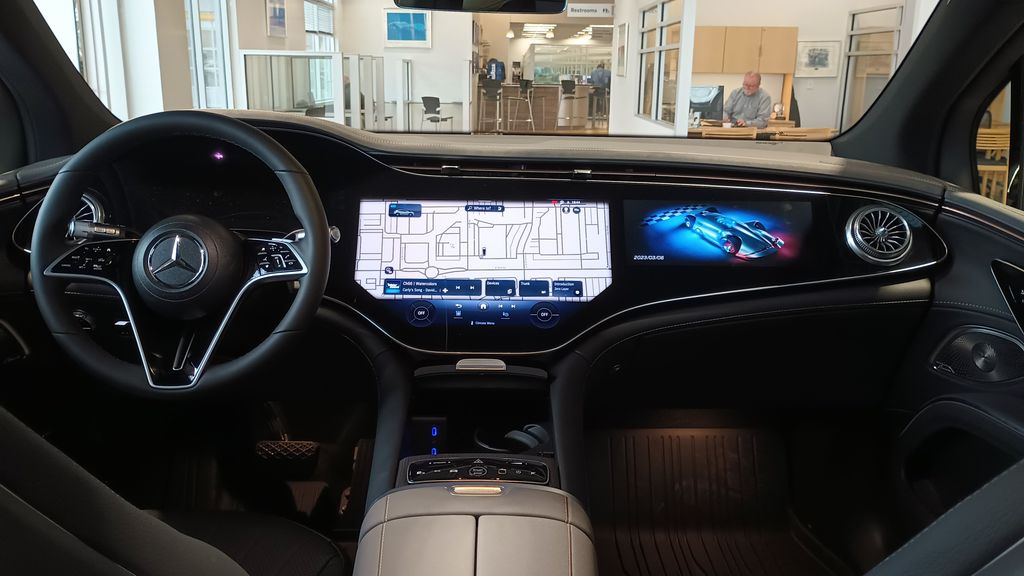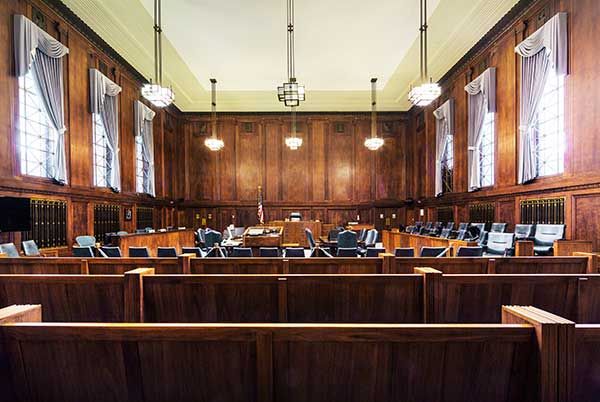
Receiving a speeding ticket can be more than just an inconvenience; it can lead to hefty fines, points on your license, and increased insurance premiums. For many, the immediate reaction might be to simply pay the fine and move on. However, understanding the power of professional legal assistance, and the precise strategies lawyers employ, can empower you to challenge these citations effectively and potentially avoid the long-term repercussions.
While the concept of fighting a speeding ticket might seem straightforward, the legal process is often complex, filled with specific procedures and nuances that only an experienced attorney truly masters. It’s not just about arguing your innocence; it’s about navigating the legal system, understanding its intricacies, and presenting your case in the most compelling way possible. This article, crafted in the spirit of practical, actionable advice, will break down the essential strategies lawyers bring to the table.
Here, we’ll explore the fundamental ways legal professionals optimize their approach to traffic disputes, offering solution-oriented insights into how they can help you take control. We’re focusing on the practical application of their broad competencies, from the very first meeting to the presentation of your case, providing a digestible guide to their methods.
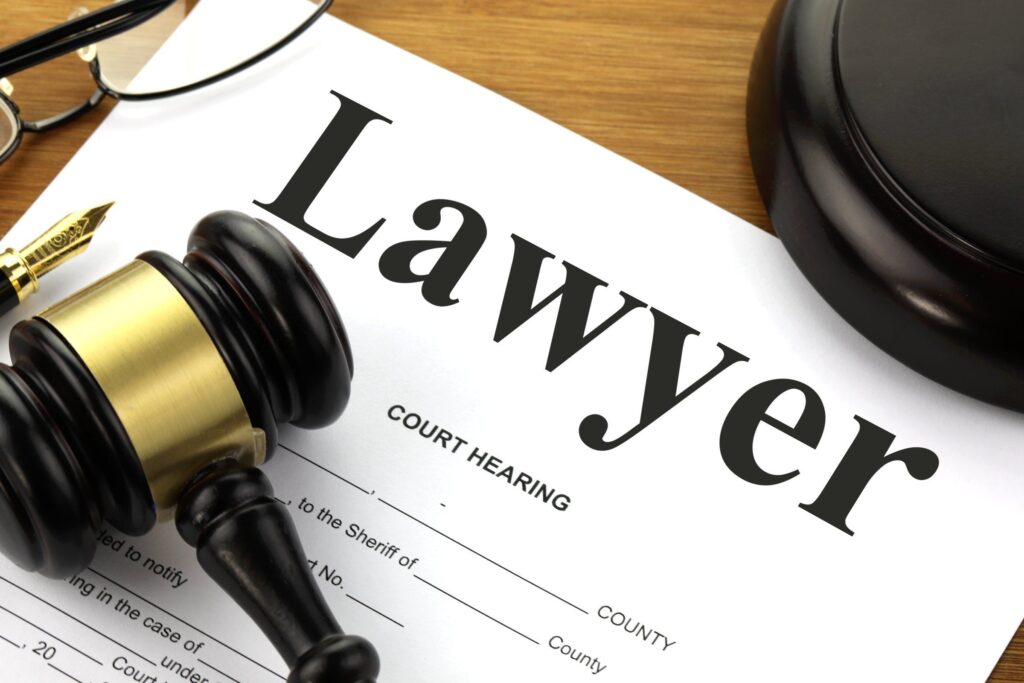
1. **The Art of Client Intake and Counseling: Building the Foundation of Your Defense**The journey to contesting a speeding ticket effectively begins long before stepping into a courtroom, often with a critical process known as client intake and counseling. This initial interaction is far more than a mere formality; it’s the bedrock upon which an entire defense strategy is built. During this crucial stage, the lawyer’s primary objective is to gain a deep, personal understanding of the client and the specific details surrounding their case, clarifying what the client aims to achieve.
As the context describes, the client-lawyer relationship kicks off with an interview designed for the lawyer to get acquainted with the client personally. This means delving into not just the facts of the alleged offense but also the client’s background, driving history, and any previous encounters with law enforcement. It’s about building rapport and trust, which are foundational for effective representation. A strong understanding of the client’s context allows the lawyer to tailor their approach and understand potential motivations or mitigating factors.
Following this personal introduction, the lawyer meticulously gathers all pertinent facts about the speeding incident itself. This includes the exact location, time, reported speed, speed limit, and any surrounding circumstances, such as weather conditions, traffic density, or road signage. Every detail, no matter how small it may seem to the client, can be a potential piece of the puzzle in developing a robust defense. The lawyer clarifies precisely what the client wishes to accomplish, whether it’s dismissal of the ticket, reduction of charges, or minimizing penalties.
Finally, during this counseling phase, a competent lawyer shapes the client’s expectations, providing a realistic assessment of what can actually be accomplished. This involves explaining the legal probabilities, potential outcomes, and the scope of what the legal system allows. Transparency here is key to managing expectations and ensuring the client is fully informed before proceeding. Simultaneously, the lawyer explains their fees, ensuring complete clarity on the financial aspects of the legal service, which is a standard part of initiating the representation.
This meticulous client intake and counseling process is a prime example of a lawyer’s practical application of abstract legal theories to specific problems. It ensures that the lawyer is fully equipped with both the factual and human elements of the case, setting a strong precedent for the subsequent stages of the defense.

2. **Strategic Legal Advice: Navigating the Law and Understanding Your Options**Once a lawyer has a comprehensive grasp of the client’s situation and objectives through the intake process, the next critical step is to provide strategic legal advice. This isn’t just about informing the client of the law; it’s about applying abstract principles of law to the concrete facts of their case, guiding them on the optimal course of action. In many jurisdictions, the provision of legal advice is a service exclusively reserved for properly licensed lawyers, even when a lawsuit isn’t contemplated.
The lawyer acts as an essential interpreter of the legal landscape, clarifying complex statutes, regulations, and precedents that might apply to a speeding ticket. This ensures that the client understands the full ramifications of their situation, from the legal definition of speeding in their locality to the potential penalties for a conviction. They provide clarity on the legal nuances that a layperson might miss, ensuring that the client isn’t operating in the dark.
Legal advice is highly personalized, taking into account the unique details of the client’s case. For example, a lawyer will advise on whether there are grounds to dispute the officer’s methods, the calibration of radar equipment, or the legality of the traffic stop itself. This involves dissecting the evidence, identifying any inconsistencies, and explaining how these points can be leveraged in court. The advice is always forward-looking, aimed at guiding the client on what they should do next to achieve their desired outcome.
In some jurisdictions, the unauthorized practice of law, such as providing legal advice without a license, is considered a crime. This underscores the specialized and sensitive nature of this responsibility. Lawyers undergo extensive education and professional training, often passing a bar examination, to acquire the knowledge necessary to offer such critical guidance reliably and ethically. Their expertise is not just in knowing the law but in skillfully applying it.
Therefore, seeking legal advice from a licensed attorney for a speeding ticket provides an invaluable advantage. It empowers the client with informed choices, helping them navigate potential pitfalls and identify the most promising avenues for defense. This foundational advice ensures that every subsequent action is strategically sound and aligned with legal best practices.
Read more about: Seat Squatter Showdown: How an Entitled Passenger Learned a Harsh Lesson From a Pilot at 30,000 Feet
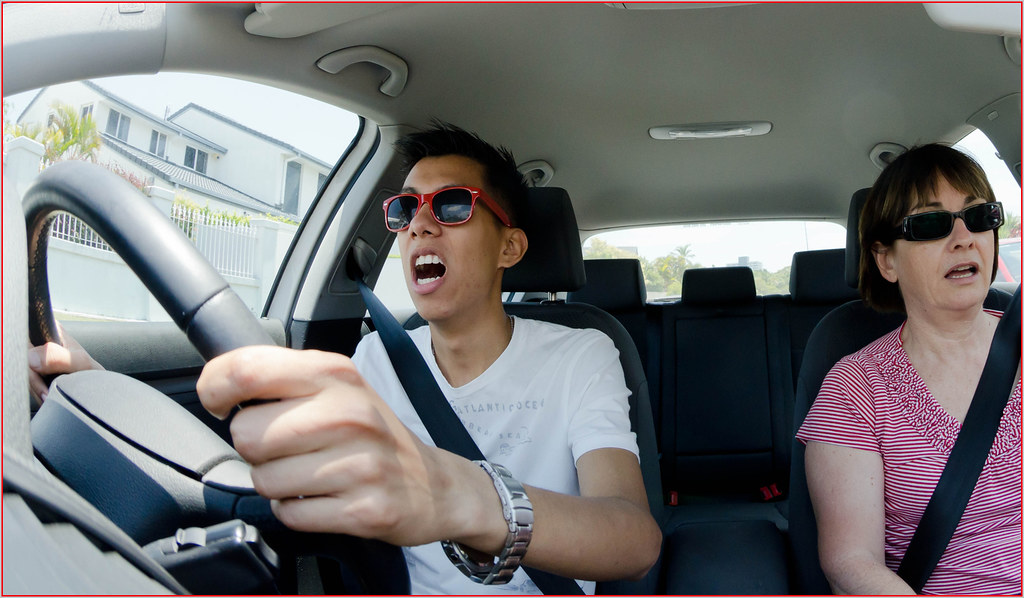
3. **Meticulous Research and Paperwork: Crafting the Written Backbone of Your Case**The art of legal defense for a speeding ticket heavily relies on meticulous research and the precise drafting of court papers. While oral arguments often capture public imagination, the preparatory written work is the unsung hero of many successful legal outcomes. Lawyers must often brief a court in writing on the issues in a case well before any oral arguments are made, requiring extensive investigation into all relevant facts.
This research phase involves digging deep into various sources of information. A lawyer might investigate the local traffic laws, judicial precedents concerning speeding violations, and even the track record of the specific officer or court. They may request discovery from the prosecution, seeking details on the radar gun’s calibration records, the officer’s training, or any video evidence. Every piece of information gathered contributes to building a comprehensive understanding of the case and identifying potential weaknesses in the prosecution’s argument.
The drafting of court papers is equally critical. These documents, which can include motions, affidavits, or legal briefs, serve as the formal communication with the court. They must be impeccably structured, legally sound, and persuasively written. For instance, a lawyer might draft a motion to suppress evidence if there were procedural irregularities during the traffic stop, or a brief outlining legal arguments challenging the validity of the speed measurement. The precision in legal writing can significantly influence how the court perceives the defense.
In common law jurisdictions with divided legal professions, such as England, a solicitor traditionally obtains the facts from the client and then briefs a barrister, usually in writing. The barrister then researches and drafts the necessary court pleadings, which are subsequently filed and served by the solicitor. This division of labor highlights the specialized nature of drafting, ensuring that the written arguments are expertly prepared and presented to the court.
Therefore, the rigorous process of research and drafting ensures that the client’s case is not only well-understood but also formally and effectively articulated within the legal system. It provides a robust, documented framework that underpins all other aspects of the defense, demonstrating the lawyer’s thoroughness and commitment to their client’s cause.

4. **Effective Oral Arguments: Presenting Your Case Persuasively in Court**While thorough preparation and meticulous paperwork lay the groundwork, the ability to deliver effective oral arguments in a courtroom is often where a lawyer’s skills truly shine. For some lawyers, particularly barristers and advocates, arguing clients’ legal cases before a judge or jury is their primary specialization. This critical responsibility involves presenting the facts, challenging evidence, and articulating legal points in a clear, compelling, and persuasive manner.
When fighting a speeding ticket, a lawyer’s courtroom presence and rhetorical skills can significantly impact the outcome. They are familiar with the court’s customs and procedures, which allows for a much more efficient and credible presentation than an unrepresented party might achieve. Unrepresented parties often inadvertently damage their own credibility or slow the court down due to inexperience, a risk mitigated by professional legal representation.
During oral arguments, a lawyer systematically presents the defense’s narrative, cross-examines the ticketing officer, and addresses any legal questions posed by the judge. This might involve challenging the accuracy of the speed detection device, questioning the officer’s line of sight, or arguing for mitigating circumstances that should influence the court’s decision. Each point is carefully articulated, drawing upon the extensive research and legal briefs prepared beforehand.
In jurisdictions where litigants have the option to argue on their own behalf, the advantage of having a lawyer is particularly evident. Lawyers are trained in the art of advocacy, understanding how to frame arguments, respond to counter-arguments, and maintain composure under pressure. This professional demeanor and expertise can make a substantial difference in how the court perceives the legitimacy of the defense, fostering an environment conducive to a favorable ruling.
The skill of oral argumentation is therefore not just about speaking; it’s about strategic communication, deep legal understanding, and the ability to think on one’s feet. It’s a testament to the specialized training lawyers receive, ensuring that every facet of the client’s defense is presented with maximum impact and clarity in the judicial setting.

5. **Navigating Administrative Hearings: When the Fight Isn’t in a Traditional Courtroom**Not all legal battles against speeding tickets take place in traditional criminal or civil courts. In many developed countries, legislatures have granted original jurisdiction over highly technical matters to executive branch administrative agencies. This means that for some traffic infractions, the initial forum for dispute resolution might be an administrative hearing, rather than a courtroom presided over by a judge or jury. Consequently, some lawyers have become specialists in administrative law.
Administrative hearings operate under a different set of rules and procedures compared to court proceedings, often designed to be less formal. However, their informality does not diminish the need for skilled advocacy. A lawyer specializing in this area understands the specific regulations and precedents that govern these agencies, providing a significant advantage to clients facing administrative penalties. They know how to present evidence and arguments within these specific frameworks.
For a speeding ticket, this could mean appearing before a Department of Motor Vehicles (DMV) hearing officer to challenge a license suspension or a points assessment. The lawyer’s role here is to ensure that the client’s rights are protected and that all procedural requirements are met, even in a less formal setting. They might argue against the evidentiary standards, present mitigating factors, or demonstrate that the agency has failed to follow its own rules and guidelines.
In some countries, there was historically a special category of jurists with a monopoly over this form of advocacy, such as France’s former ‘conseils juridiques’. While these specific roles may have merged into broader legal professions, the specialization in administrative law remains crucial. Lawyers in this field are adept at navigating the specific bureaucratic hurdles and presenting cases in a manner that resonates with administrative decision-makers.
Therefore, understanding and effectively navigating administrative hearings is a key strategy lawyers employ, particularly for traffic-related offenses. It demonstrates their versatility and ability to tailor their expertise to different legal forums, ensuring that clients receive comprehensive representation regardless of where their case is heard, ultimately optimizing the chances for a successful outcome.
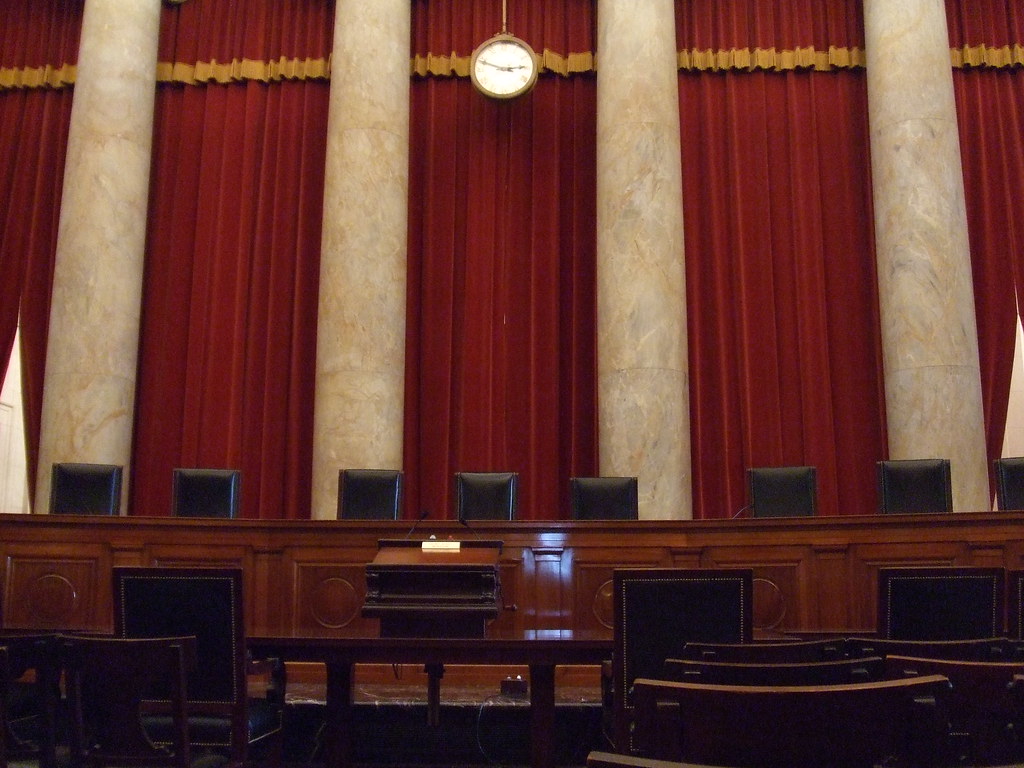
6. **Mastering the Art of Negotiation: Beyond the Courtroom Battle**While courtroom showdowns often grab the headlines, a significant portion of a lawyer’s effectiveness in fighting a speeding ticket involves skillful negotiation. Many cases never even reach a full trial, thanks to the lawyer’s ability to negotiate favorable terms with prosecutors or other legal entities. This process leverages their understanding of legal precedents, procedural weaknesses in the prosecution’s case, and the practicalities of the judicial system to achieve the best possible outcome for their client, often avoiding the full penalties associated with a conviction.
The context highlights that “negotiating and drafting of contracts is considered to be similar to the provision of legal advice,” and in some jurisdictions, it’s subject to licensing requirements. This underscores that negotiation isn’t just a casual chat; it’s a specialized legal skill. Lawyers are trained to identify leverage points, such as questionable radar gun calibration records, or an officer’s inconsistent testimony, to persuade the opposing side to agree to a reduced charge, a lesser penalty, or even a dismissal. They understand the “give and take” of legal bargaining and know what compromises are reasonable and beneficial.
This strategic approach can lead to outcomes like reduced fines, fewer points on a driver’s license, or even traffic school in lieu of more severe penalties. For clients, this means avoiding increased insurance premiums and long-term negative impacts on their driving record. A lawyer’s ability to engage in these discussions confidently and competently, armed with knowledge of both the law and the specifics of the case, is invaluable. They can communicate effectively with prosecutors, articulating their client’s position clearly and advocating for a resolution that serves the client’s best interests while remaining within legal bounds.
The lawyer’s role here is to bridge the gap between abstract legal theories and the concrete desire to solve a specific problem—getting a better deal on a speeding ticket. They translate the facts and the law into a compelling argument for compromise, saving time and resources for both the client and the court system. This pragmatic application of their skills is a hallmark of an effective legal defense, offering a solution-oriented path that many individuals might not even realize is available to them.
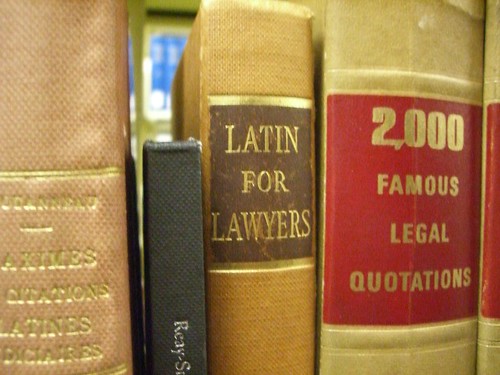
7. **The Power of Specialization: When Niche Knowledge Makes All the Difference**Just as you wouldn’t ask a heart surgeon to perform brain surgery, fighting a speeding ticket can often benefit immensely from a lawyer with specialized legal expertise. While many lawyers are general practitioners, the legal profession, especially since the early 20th century, has seen a clear trend towards specialization. This means that a lawyer focusing specifically on traffic law, or administrative law for that matter, brings a depth of knowledge and experience that a generalist might not possess, profoundly impacting the defense strategy.
The context clearly states that “The exact nature of a lawyer’s work varies depending on the legal jurisdiction and the legal system, as well as the lawyer’s area of practice.” This variation means some lawyers become intimately familiar with the nuances of specific areas, such as the intricacies of state traffic codes, local court procedures, or the specific technologies used by law enforcement for speed detection. They are well-versed in the latest case law, the typical arguments presented by prosecutors in traffic cases, and even the tendencies of specific judges or hearing officers in these matters.
This specialized knowledge isn’t just about knowing the law; it’s about knowing how to *apply* it effectively in a narrow field. For instance, a lawyer specializing in speeding tickets might be particularly adept at challenging the calibration records of radar or lidar devices, understanding the precise rules of evidence for speed measurement devices, or recognizing when an officer’s testimony contains inconsistencies specific to traffic stops. Their focused experience allows them to spot defenses that a less specialized attorney might overlook, offering tailored and robust solutions to their clients.
Moreover, this specialization extends to understanding the various forums where speeding tickets are contested. As previously discussed, some cases go to administrative hearings, while others go to traditional courts. A specialist will be equally comfortable and effective in either setting, adapting their strategy to the specific rules and customs of that forum. This targeted expertise ensures that every possible avenue for defense, no matter how obscure, is thoroughly explored and competently pursued, significantly optimizing the client’s chances for a favorable outcome.

8. **Upholding Ethical Conduct: The Bedrock of Trust and Credibility in Your Defense**Beyond strategy and legal acumen, the unwavering commitment to ethical conduct is absolutely paramount for any lawyer. It forms the foundation of the client-lawyer relationship and is crucial for maintaining credibility within the judicial system. While criticisms of the legal profession exist—highlighting issues like “abuse of litigation,” “deceiving clients and other persons,” or “charging excessive fees”—these very grievances underscore why ethical practice is not just a professional obligation but a practical necessity for an effective defense.
“Legal ethics” is explicitly listed as a core competency for lawyers in the provided context, signifying its central role. Lawyers are regulated by institutions, whether independent judiciaries or professional associations, to ensure high standards of conduct. This regulation aims to prevent the “misappropriation of property,” “procrastination in dealings with clients,” and “preparation of false documentation,” which are common complaints leveled against some in the profession. An ethical lawyer prioritizes their client’s best interests, always acting with integrity and transparency.
For someone fighting a speeding ticket, trusting their lawyer implicitly is vital. An ethical lawyer will manage expectations realistically, clearly explain fees, and provide honest assessments of the case’s strengths and weaknesses. They will not resort to “frivolous arguments to the courts” or “using dilatory tactics” simply to prolong a case or inflate charges. Instead, they will focus on a legitimate, well-reasoned defense, building their case on facts and sound legal principles.
Ultimately, a lawyer’s ethical standing not only protects their client from potential misconduct but also enhances the persuasiveness of their arguments in court. Judges and prosecutors are more likely to respect and consider arguments presented by an attorney with a reputation for honesty and integrity. This commitment to ethical conduct ensures that the defense is not only legally sound but also morally justifiable, fostering trust and increasing the likelihood of a fair and just resolution. It’s about empowering clients with reliable, principled representation.

9. **Applying Critical Thinking: Unlocking the Case’s Hidden Potential**At the heart of every effective legal defense, particularly for something as seemingly simple as a speeding ticket, lies exceptional critical thinking. The context lists “Critical thinking” and “Analytical skills” as fundamental competencies for lawyers, highlighting that their work “generally involves the practical application of abstract legal theories and knowledge to solve specific problems.” This isn’t just about rote memorization of laws; it’s about the ability to dissect information, identify flaws, and construct innovative arguments from complex details.
When reviewing the details of a speeding ticket, a lawyer doesn’t just look at the speed written down. They critically analyze every aspect: the officer’s report, the type of speed detection used, environmental conditions, road signage, and even the time of day. They ask penetrating questions: Was the radar gun properly calibrated? Were there obstacles obstructing the officer’s view? Was the speed limit clearly posted? This analytical approach allows them to go beyond the surface and uncover potential procedural errors or evidentiary weaknesses that could be crucial to the defense.
This rigorous intellectual process enables lawyers to connect disparate pieces of information, forming a coherent and compelling narrative or identifying inconsistencies that can undermine the prosecution’s case. For example, they might critically evaluate whether the traffic stop itself was legal or if the officer had sufficient probable cause. This isn’t about fabricating a defense but about applying a discerning mind to the facts, ensuring that all legal requirements were met and that the client’s rights were fully respected throughout the encounter.
In essence, critical thinking allows a lawyer to transform a collection of facts into a strategic defense. They use these skills to interpret legal statutes, anticipate counter-arguments, and devise the most effective legal strategies. It’s the engine that drives legal innovation and problem-solving, empowering clients by providing a defense that is not just compliant but also intelligently crafted and rigorously tested against potential challenges. This sharp intellectual capability is a core reason why professional legal assistance is so invaluable.
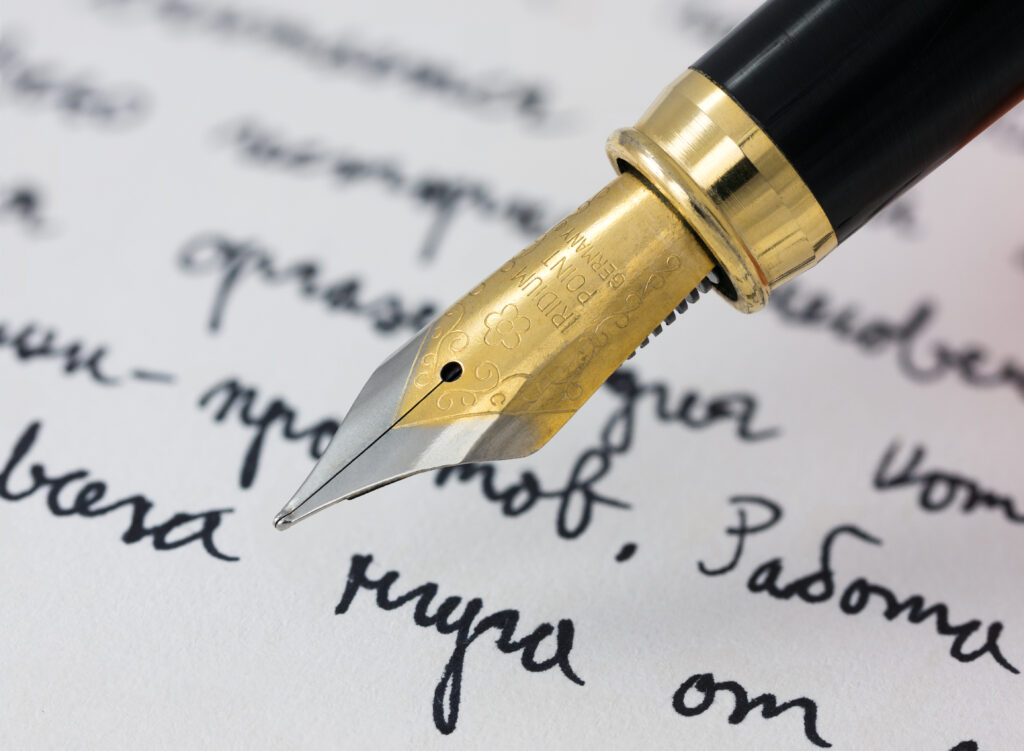
10. **The Impact of Effective Legal Writing: Shaping Perceptions and Outcomes**While oral arguments capture the drama of the courtroom, the impact of effective legal writing is often the silent force that profoundly shapes perceptions and ultimately influences outcomes in speeding ticket cases. The context emphasizes that lawyers “brief a court in writing on the issues in a case well before any oral arguments are made” and that “they draft legal papers and prepare for an oral argument.” This underscores that persuasive writing isn’t merely a preliminary step; it’s a strategic tool designed to meticulously build the foundation of a compelling defense.
Effective legal writing goes far beyond simply presenting facts. It involves structuring arguments logically, citing relevant case law precisely, and articulating the client’s position with clarity and conviction. A well-crafted legal brief or motion can educate the judge on complex points of law, highlight key evidentiary weaknesses in the prosecution’s case, and pre-emptively address potential counter-arguments. This written advocacy sets the stage, influencing the court’s understanding and disposition even before a single word is spoken in court.
The precision and persuasiveness of these written submissions can be critical. For example, a motion to suppress evidence, if expertly drafted, can meticulously lay out why certain evidence (like speed detection results) should be deemed inadmissible, potentially leading to a case dismissal. The “Lifehacker” approach values efficiency and optimization, and effective legal writing does just that: it optimizes the presentation of facts and law, making the court’s job easier and enhancing the likelihood of a favorable ruling by clearly demonstrating the merits of the defense.
In jurisdictions with “split common law professions,” like England, the barrister “researches and drafts the necessary court pleadings, which will be filed and served by the solicitor,” further emphasizing the specialized and crucial nature of this skill. This division of labor ensures that the written arguments are expertly prepared, providing a robust, documented framework that underpins all other aspects of the defense. Ultimately, powerful legal writing is about crafting a narrative that not only informs but also persuades, making it an indispensable weapon in a lawyer’s arsenal for fighting speeding tickets and securing positive results.
Navigating the complexities of a speeding ticket can be daunting, but as we’ve explored, the strategies employed by experienced lawyers offer a powerful blueprint for defense. From their meticulous client intake and strategic legal advice to their powerful courtroom advocacy, specialized expertise, unwavering ethical conduct, sharp critical thinking, and impactful legal writing, these professionals equip you with the tools to challenge citations effectively. By understanding and leveraging these sophisticated methods, you can empower yourself to take control of your situation, minimize repercussions, and drive towards a more favorable outcome, proving that a speeding ticket doesn’t have to be the end of the road for your clean driving record.



